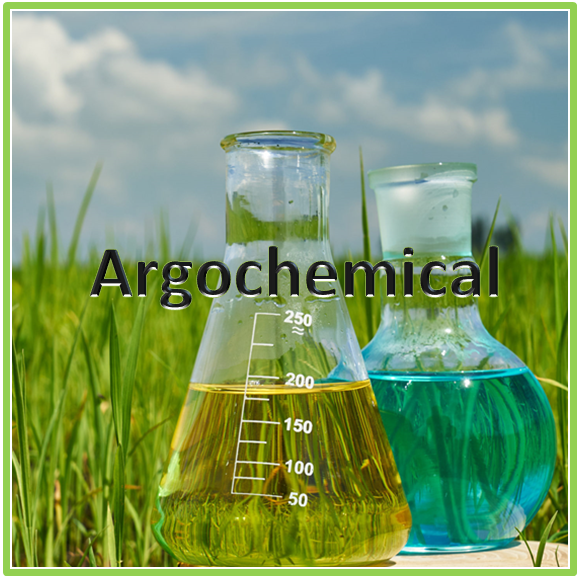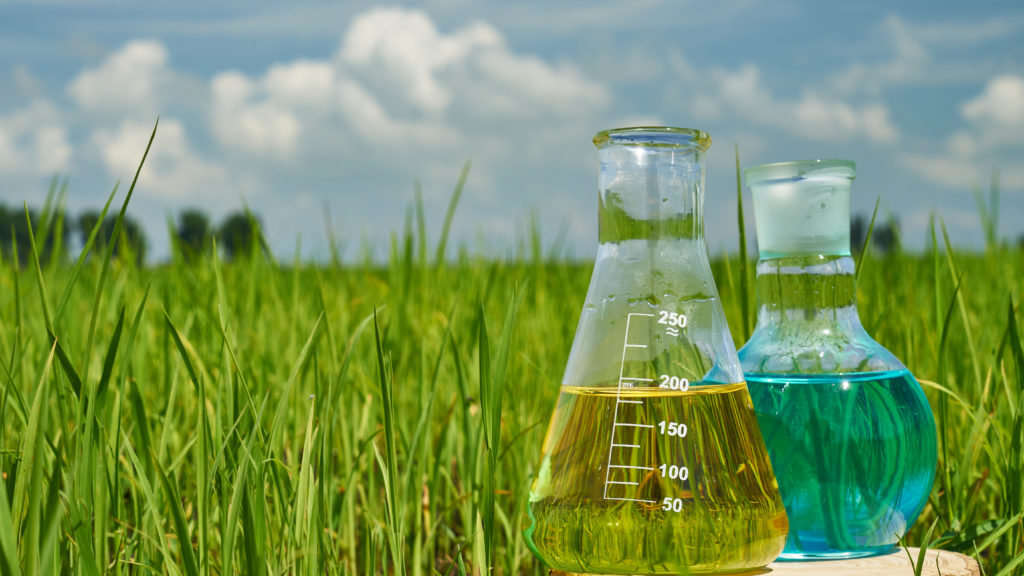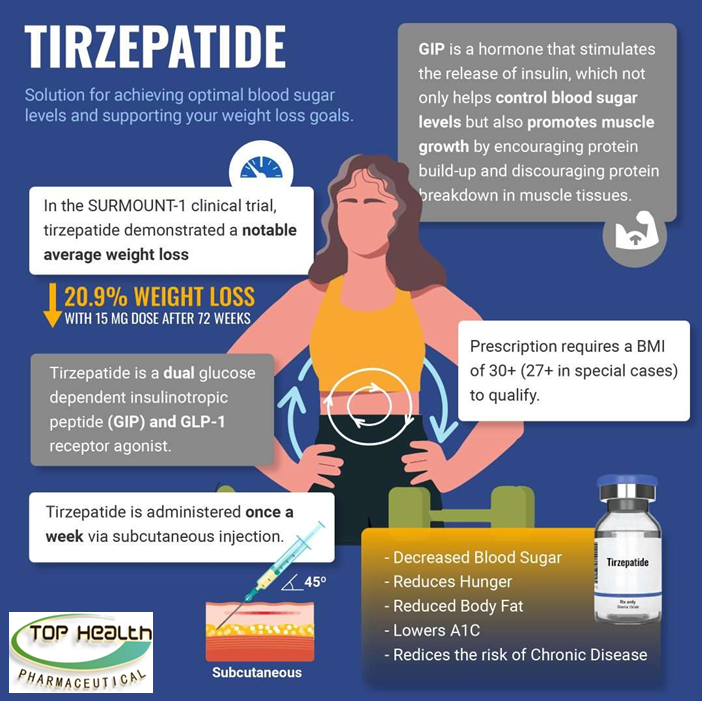
Argochemical

- publish:2024-04-07 23:26:02
An agrochemical or agrichemical, a contraction of agricultural chemical, is a chemical product used in industrial agriculture. Agrichemical refers to biocides (pesticides including insecticides, herbicides, fungicides and nematicides) and synthetic fertilizers. It may also include hormones and other chemical growth agents.
Agrochemicals are counted among speciality chemicals.
In most of the cases, agrochemicals refer to pesticides.
- Pesticides
- Insecticides
- Herbicides
- Fungicides
- Algaecides
- Rodenticides
- Molluscicides
- Nematicides
- Fertilisers
- Soil conditioners
- Liming and acidifying agents
- Plant growth regulators
Ecology
Many agrochemicals are toxic, and agrichemicals in bulk storage may pose significant environmental and/or health risks, particularly in the event of accidental spills. In many countries, use of agrichemicals is highly regulated. Government-issued permits for purchase and use of approved agrichemicals may be required. Significant penalties can result from misuse, including improper storage resulting in spillage. On farms, proper storage facilities and labeling, emergency clean-up equipment and procedures, and safety equipment and procedures for handling, application and disposal are often subject to mandatory standards and regulations. Usually, the regulations are carried out through the registration process.
For instance, bovine somatotropin, though widely used in the United States, is not approved in Canada and some other jurisdictions as there are concerns for the health of cows using it.
History
Sumerians from 4500 years ago have said to use insecticides in the form of sulfur compounds. Additionally, the Chinese from about 3200 years ago used mercury and arsenic compounds to control the body lice.
Agrochemicals were introduced to protect crops from pests and enhance crop yields. The most common agrochemicals include pesticides and fertilizers. Chemical fertilizers in the 1960s were responsible for the beginning of the “Green Revolution”, where using the same surface of land using intensive irrigation and mineral fertilizers such as nitrogen, phosphorus, and potassium has greatly increased food production. Throughout the 1970s through 1980s, pesticide research continued into producing more selective agrochemicals. Due to the adaptation of pests to these chemicals, more and new agrochemicals were being used, causing side effects in the environment.

SEND A MESSAGE
If you are interested in our products and want to know more details,please leave a message here,we will reply you as soon as we can.





